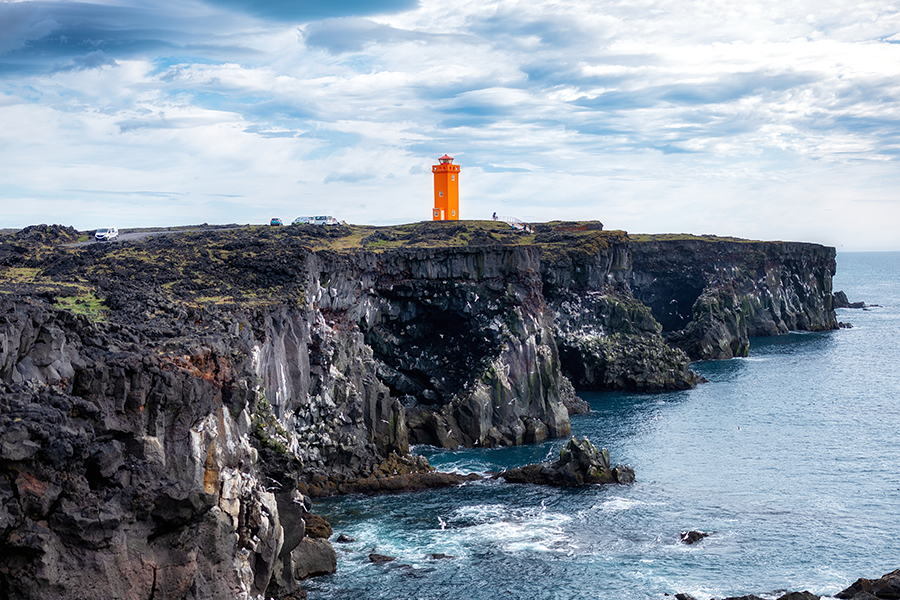I learned that lesson as a result of my difficult childhood bouncing between hotel rooms, foster homes and orphanages. By the time I was 18 years old, I had lived in 18 or 20 different places.
At 3 years old I was kidnapped by my father and told my mother had died. Dad picked me up in his Ford Roadster and drove me from St. Louis to California to start our new life. He truly loved me—I don’t have any doubt about that. Unfortunately because he was a Merchant Marine he was almost always at sea. He never could catch a break and therefore couldn’t provide a stable childhood for me.
The constant moving around left me without a sense of normalcy or consistency. I learned to handle change easily and even seek it out. I was comfortable facing life’s changes and transitions and had the ability to shift course easily—which helped me greatly in my business career.
Finding my place from one schoolyard made me more resilient. Achieving some success helped me build my confidence, too. I was good student and pretty good athlete, lettering in high school basketball and baseball.
My adaptability, resilience and confidence carried me to the University of Rochester, the U.S. Navy, and Harvard Business School. And proved to be useful when I held executive roles with financial companies like at E. F. Hutton, Lehman Brothers, and Furman Selz. These skills continued to guide me when I became the Chairman of the Board of Trustees at the University of Rochester and continue to today in my current role as chairman of High Vista, a Boston-based money management company.
My background also gave me the ability to relate to almost anybody. You can’t truly understand others unless you’ve lived and struggled and gone through hardship. That understanding came into play whenever I read resumes of job applicants—I could see into other people’s lives more easily and better recognize who they were underneath their accomplishments and experiences.
But who was I?
When I went to college, I buried my past. I submerged it under concrete, patted it down, let it dry and became a different person. I was ashamed of my upbringing, and I didn’t want to get any benefit or sympathy for it. People would ask about my background and I would say, “My mother died when I was 3, my father’s a Merchant Marine, and my home address is a post office box in San Francisco,” and that was the end of it.
Because I spent so much time moving and reinventing myself, I had the ability to always move forward. That came into play when my mutual fund firm, Greenwich Management Company, folded. I had started the company from the ground up (which I discourage) as a subsidiary of Capital Research. I tried, futilely, to simultaneously to manage the company’s money, market its product, and manage its people, which turned out to be a painful lesson in trying to wear too many hats at once.
It was difficult to fail but I decided to chart a new course, I resigned from Capital Research and ended up working at E.F. Hutton, one of the country’s largest retail brokerages. That job springboarded me to Lehman Brothers, where I weathered turmoil and infighting while guiding the company’s investment management division to new heights. After Lehman Brothers, I found my dream job becoming the chairman of Furman Selz a small investment bank.
In 1996, at the age of 60, I finally uncovered a shocking truth buried inside a long ignored suitcase of my father’s letters: my mother wasn’t dead, after all. After I learned about my mother, I grappled with whether to connect with her. I had a wonderful career and a great family, and I didn’t want anything to complicate that. My past had been buried for so long.
“You must take a chance,” my wife Barbara said, and she was right.
I did take a chance, and my mother turned out to be a wonderful presence in my life. Reconnecting with her allowed me to see the similarities in our personalities. It filled in the half of the equation that had been missing. It helped me understand, finally, who I am—and who you are is an interplay between your genes and your experiences. If you’re an only child, or a middle child, or the sixth of 12 children, or if you live in a fancy neighborhood your whole childhood, or you bounce around to 18 different places, your perspectives will be different.
I’ve been fortunate to do almost anything that I’ve wished, including helping to found the Nantucket Golf Club. The golf club has become one of the largest charities on the island and has preserved hundreds of acres of beautiful land from development. It puts two students through college per year with full-ride scholarships, and this year 10 other students received vocational scholarships. The golf club has contributed to more than 50 different charitable causes, provides employment opportunities, and has enchanced many people’s lives and will for years to come.
In your lifetime, try to create an institution or something that will outlast you. A lot of the companies I worked for are gone. But my family, the University of Rochester, the golf course and my relationships with good friends will live on for a long, long time.
And for that, for everything, I find myself so grateful.




































